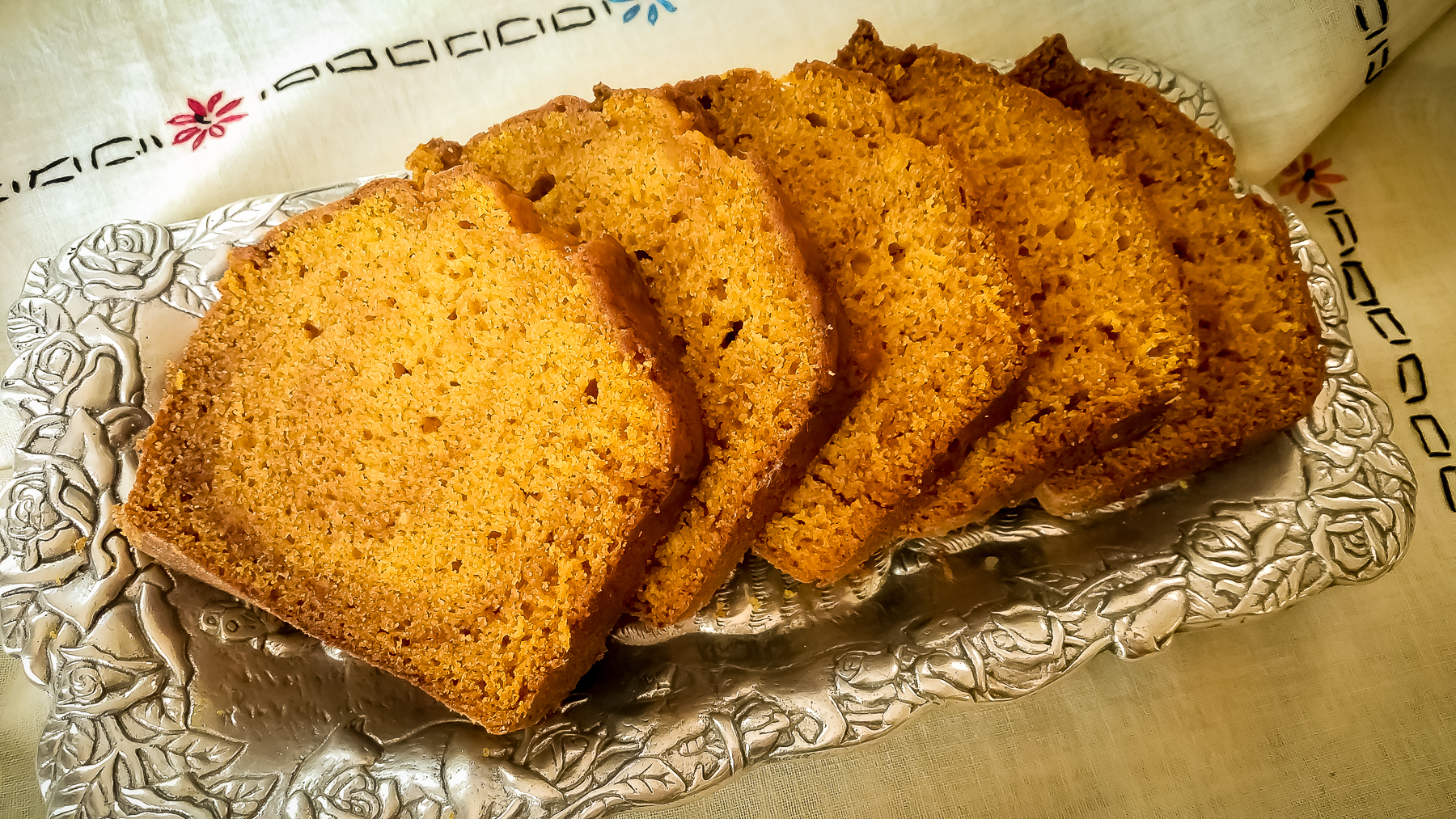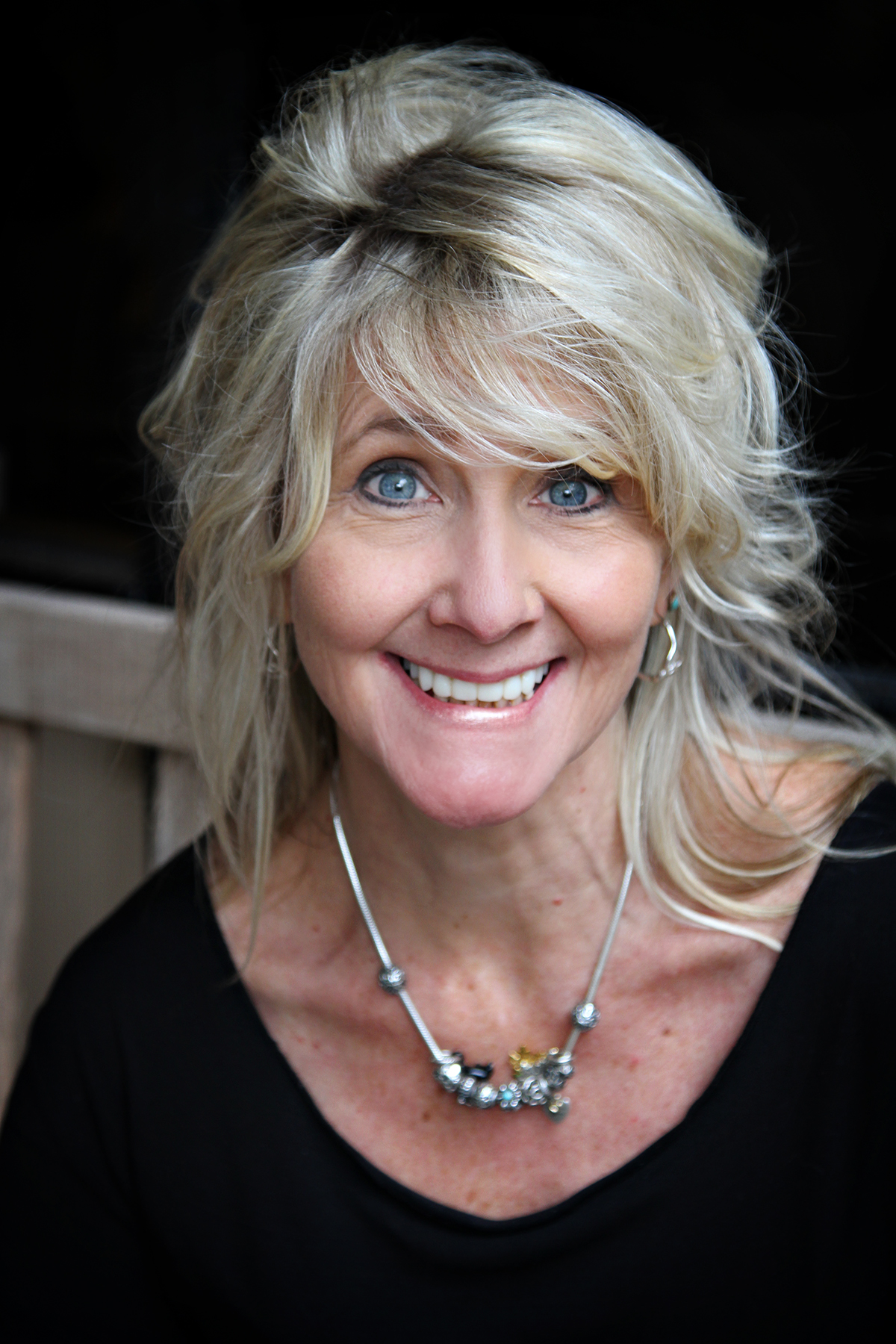No one who cooks, cooks alone. Even at her most solitary, a cook in the kitchen is surrounded by generations of cooks past, the advice and menus of cooks present, the wisdom of cookbook writers.
Laurie Colwin, presented with the James Beard Award for Cookbook Hall of Fame
Transitions can be tough, especially if that transition involves moving to an unfamiliar place. The ordinary markers in the day, like the fragrance of supper simmering on the stove or the pleasant background music from the radio, are absent. Quite often, the surest way to settle in seems to come through a particular scent of familiar food.
One of the things I missed most when I started my college life away from home was the smell of home cooking, especially in the autumn. Not only the rich smells of cinnamon, ginger, and baked treats, but stew meats with vegetables and home-canned tomatoes. My roommate and I did the best we could to figure out a balm for our homesick farmland hearts. We set Saturdays aside for a walk to the grocer for supplies, then settled back in the dorm room to cook soup in little hot pots. Tomato broth with a can of mixed vegetables stirred in wasn’t high-culinary art, but it smelled like home. We would spread a cloth over a wooden crate, set it with a cola bottle filled with flowers from our walk, and prepare a table as pretty as a café. Soon our dorm neighbors would drift in and share in sweet hospitality. This simple meal restored us, body and soul, and inspired us to think of other ways to bring comfort through food. Now we just needed recipes.
One of my dorm friends attended the Catholic church in our college town, and the members were selling cookbooks as a fundraiser for the parish. I thumbed through the thick, spiral-bound book filled with simple recipes — many that could be made at college. On the reverse side of “Father Blecha’s Favorites” with recipes by Lucille Taylor, I noticed the Dedication page. Featured at the top was a black and white photo of a thin, elderly woman in a plain wash dress and posing by a lilac bush. It was Miss Taylor, looking as if she had been hastily taken away from rolling a pie crust and told to “stand over there.” The story of her devotion to the church and priest, ministering to them with good food, warmed my heart, and her recipes tempted me with thoughts of tasty treats. Many of the recipes, including the pumpkin bread that is featured below, came from her collection of parish favorites.
The St. Joseph’s Parish Cookbook became my first in a long line of church cookbooks that now fill a shelf in my kitchen. Some of the pages are stuck together from years of sitting on floured and buttery counters, but I believe that the mark of a good recipe is measured by the number of stains on its page. Studies are conducted that suggest the smell of cinnamon enhances memory and the ability to process ideas. Sure, there are probably several health benefits to cinnamon — but to me, it nourishes the soul too. Each time I bake this recipe, I think of Miss Lucy, who blessed and fed her small Wisconsin parish and its priest for twenty-three years. By way of her recipes, she brought a touch of home to my college days. Now forty years later, my own collegiate daughter has Miss Lucy’s pumpkin bread in her dorm. Warming a slice exudes that wonderful cinnamon aroma that takes her memories back to autumns at home, just as it did for me.
Miss Lucille Taylor’s Pumpkin Bread
4 eggs
1 15 oz. can of 100% pumpkin
1 c. salad oil (light tasting vegetable oil)
2/3 c. water
3 c. sugar
pinch ground black pepper (this enhances the spice)
1 tsp. nutmeg
1 tsp. cinnamon
1 ½ tsp. salt
2 tsp. baking soda
3 ½ c. flour
Preheat oven to 350°. Grease and flour two large loaf pans.
Beat eggs and then add water, salad oil, and pumpkin. Mix in the sugar, then spices. Finally, mix in the flour one cup at a time until blended. Pour into pans and bake for at least 60 minutes. Check by inserting a toothpick into the center of the loaf. If it comes out clean, the bread is done.
The featured image is courtesy of Annie Nardone and used with her kind permission for Cultivating and The Cultivating Project.
Annie Nardone is a lifelong bibliophile with a special devotion to the Inklings and medieval authors. She is a Fellow with the C.S. Lewis Institute and holds an M.A. in Cultural Apologetics from Houston Christian University. Annie is the Director of Visual Artists for The Cultivating Project and columnist for Cultivating Magazine. She is founding board member, managing editor, and author for the apologetics quarterly, An Unexpected Journal. Her writing can also be found as travel blogger for Clarendon Press U.K., with published poems at Calla Press and Poetica.
She holds a MA in Cultural Apologetics from Houston Christian University, and is a Fellow with the C.S. Lewis Institute. Annie writes for Cultivating, Literary Life, and Clarendon House Books, and is a managing editor and writer for An Unexpected Journal. Annie collaborated on three books in 2022, published by Square Halo Books and The Rabbit Room. She recently designed a curriculum detailing the intersection of theology, the arts, and history and is a Master Teacher for HSLDA. She resides in Florida with her Middle Earth/Narnia/Hogwarts-loving family, and an assemblage of sphynx cats and feline foundlings.
Leave a Reply
A Field Guide to Cultivating ~ Essentials to Cultivating a Whole Life, Rooted in Christ, and Flourishing in Fellowship
Enjoy our gift to you as our Welcome to Cultivating! Discover the purpose of The Cultivating Project, and how you might find a "What, you too?" experience here with this fellowship of makers!


I loved this Annie.
It gave me a sweet ache of longing for simplicity and days gone by that translate ‘home’ at its essence.
—“It was Miss Taylor, looking as if she had been hastily taken away from rolling a pie crust and told to “stand over there.” Best line😄!
Denise
I made this yesterday for my sons to have when they got home from school. It was simple and delicious! There is nothing like a solid church cookbook when it comes to finding recipes filled with comfort and care.
Denise, you are so right! “Simplicity and days gone by” can be revisited through the small blessings like an old recipe shared or memories swapped over a cup of tea.
And yes, I turn to that photo and thank sweet Miss Lucy for her servant’s heart every time I bake this recipe. I so wish I could tell her that her kind offering is an essential to my family.
Thank you for your kind words, Aimee! It is such a simple recipe and a welcoming fragrance to come home to. There is a special place in my heart for church cookbooks and the precious ones who put them together. I’m happy to hear that your family enjoyed Miss Lucy’s Pumpkin Bread!
I thought that in the original Foxfire book that Miss Lucy’s pumpkin bread recipe was absolutely to be kept secret! My sister got it from a teacher friend who was from the same area as Miss Lucy and while visiting one summer got the recipe from Miss Lucy herself, but was sworn to secrecy. Im actually glad to see it being shared because it is so delicious!
Mary, what a wonderful memory! I grew up with a collection of Foxfire books and I always dreamed of visiting the beautiful mountain folk like Miss Lucy. I’m blessed to have family by the Smoky Mountains now and to meet and chat with the locals is my delight. They are so wise, kind, and very good cooks as well! You inspired me to dig out all of my Foxfire books again.